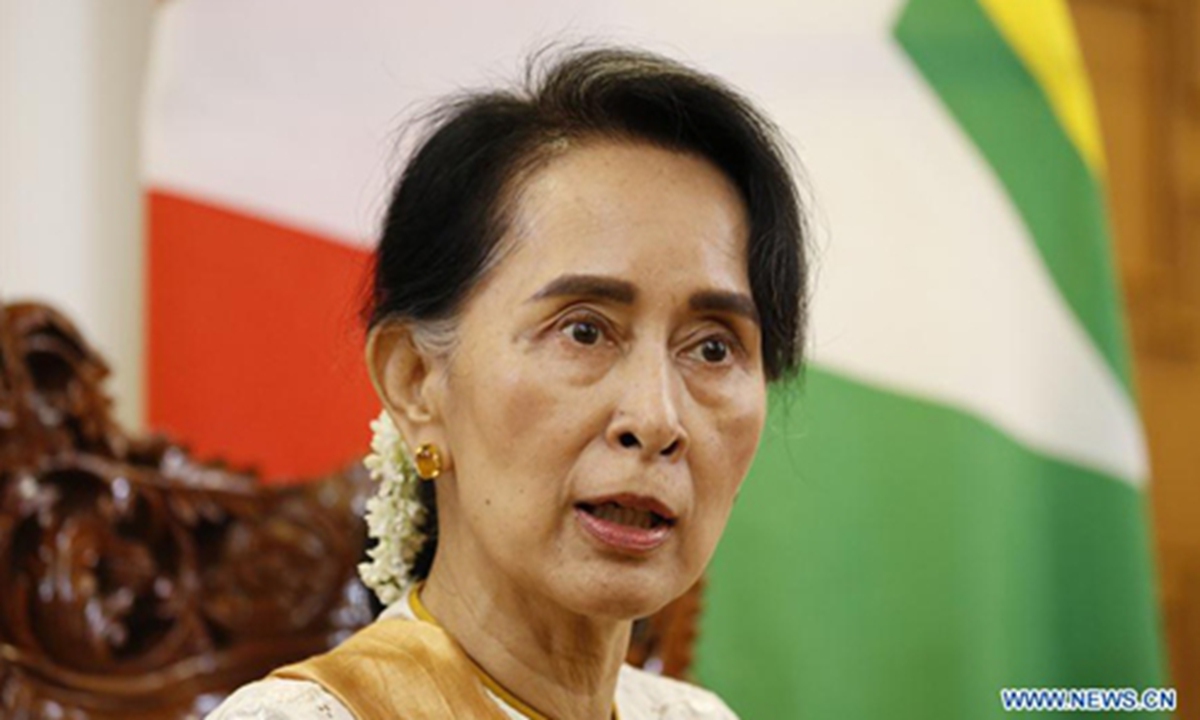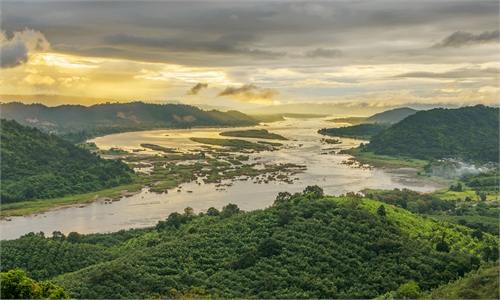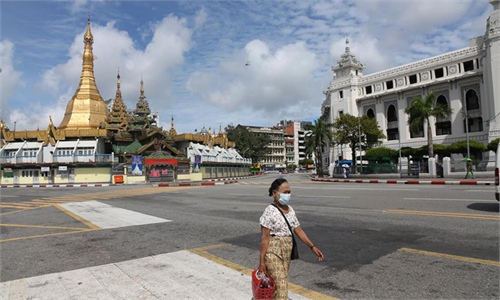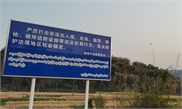Western focus on Myanmar election shifts to whether incumbent can hold on to power

Aung San Suu Kyi Photo: Xinhua
The 2020 Myanmar general elections are scheduled to be held on November 8. Five years ago the candidacy of opposition leader Aung San Suu Kyi excited the atmosphere. Today, critics wonder if she and her ruling National League for Democracy (NLD) will be tested if they can hold onto power.Generally speaking, the competition of the election is mostly taking shape between the NLD and the military-backed Union Solidarity and Development Party (USDP). Suu Kyi and the NLD's popularity is relatively high. But the mindset of many Myanmese has changed. For the moment, peace and development are now desired more than new proposals or reforms.
Suu Kyi and the NLD have not yet achieved stunning achievements since assuming office, say certain critics. But in terms of national governance and economic development, they are sparing no effort to promote national reconciliation and peace. They are pursuing economic growth and social progress as key driving forces.
For instance, the business environment in Myanmar has improved. According to the World Bank's Doing Business 2020 report, Myanmar's overall ranking was 165th out of 190 economies, up from 171st the previous year. But whether these changes meet public expectations remains to be seen.
In the meantime, it is worth noting that Suu Kyi has promoted the adjustment of Myanmar's foreign policy, making the country's national interests the main basis for its diplomacy. Over the past year, Myanmar has also deepened ties with most of its neighbors and ASEAN member states.
It has also gone through the Rohingya crisis, which was one of the key reasons for Myanmar's deteriorating ties with the US. Given that Suu Kyi and the NLD have adopted quite different domestic policies, rather than what Washington wanted, the US has not ceased to point accusing fingers at Nay Pyi Taw, nor have critics in Western media.
The Washington Post's latest article "Don't be fooled. Myanmar's 'democratic election' is a sham." could be taken as one such example of the latter. It stated that the public should not consider the November elections as "the next stage of Myanmar's transition to democracy," because the country "cannot acknowledge its own role in the mass persecution of its own citizens."
It is not surprising to see some in the West so accustomed to turning a deaf ear to what the country and its leaders have said about the complex situation regarding Rohingya and terrorist activities there.
The US will keep attempting to influence the Myanmar election by manipulating its public opinion through media reports and analysis. It will hardly scale down its condemnation against Suu Kyi and the NLD. But Washington should be aware that Myanmar will not follow US orders regardless of the election result. During former president U Thein Sein's term, the Myanmese government also promoted the normalization of the country's diplomacy. At that time, Myanmar's opening-up was not aimed at taking the side of the US or the West in general.
Indeed, as Myanmar gears up for general elections this year, international public opinion, or more precisely, the public opinion from the West toward the country, is starkly different. In 2015, the West was encouraging Myanmar to realize its democratic process via elections. But this year this same topic is being met with a general suspicion of the West. This is mostly because of the Rohingya crisis, the reconciliation and peace process, and Myanmar's diplomacy.
We should have a fair and objective view of the current development of Myanmar. The country is gradually opening and engaged in important reforms. Meanwhile, the country still has deep-rooted problems. These include matters of constitutionalism, the special status of the military, ethnic reconciliation, and the overall peace process. The divergences over ethnic reconciliation and peace between the NLD and the military, ethnic armed forces in northern Myanmar, and the Rohingya issue have impeded the progress of the 21st Century Panglong Conference.
After the election, the trajectory of China-Myanmar relations will not change much no matter what the election result is. China will always be a trusted partner of Myanmar and is set to play a constructive role in Myanmar's development and peace process.
The author is a senior research fellow of the Charhar Institute in China and the deputy dean of the ASEAN College of Guangxi University for Nationalities. opinion@globaltimes.com.cn



